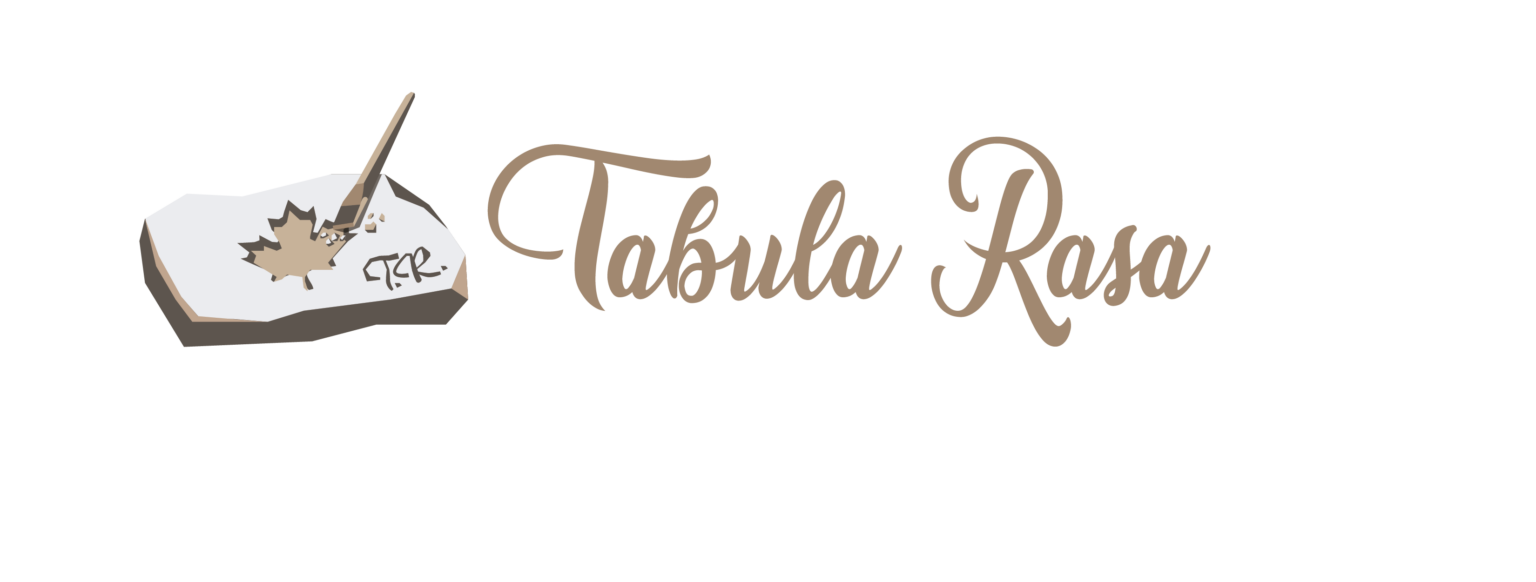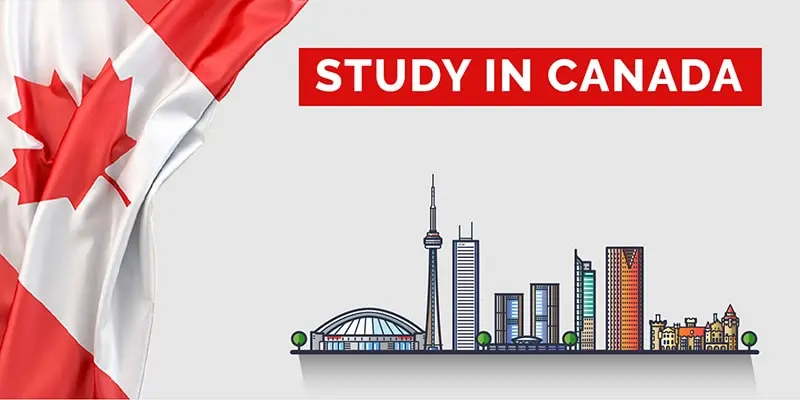Canada continues to be a top destination for international students, offering world-class education and multicultural experiences. However, significant changes in the study permit process for 2024 mean students need to be more informed than ever before. The updates aim to address financial, housing, and policy concerns while aligning international education with Canada’s long-term economic strategies.
Here’s what you need to know:
Study Permit Updates in 2024
1. Increased Cost of Living Requirement
The financial threshold for obtaining a study permit has increased to $20,635 (75% of the Low-Income Cut-Off) for a single applicant. This amount is separate from tuition and travel costs.
- Why? This change ensures students can support themselves financially and reduces risks of hardship after arrival.
2. Housing and Support Requirements
Designated Learning Institutions (DLIs) must now limit admissions to the number of students they can adequately support, including providing housing options.
- Goal: Enhance the quality of student services and ensure students have access to adequate housing.
3. Work and Study Flexibility
IRCC has introduced new regulations for international students’ work hours, effective November 15, 2024:
- Off-Campus Work: Students can now work up to 24 hours per week during academic sessions if they:
- Hold a valid study permit with work authorization.
- Are enrolled full-time in a program lasting six months or longer, leading to a degree, diploma, or certificate.
- Policy Change: The temporary pandemic policy allowing students to work up to 40 hours per week ended on April 30, 2024.
4. Post-Graduation Work Permit (PGWP) Rules
- Students who began their studies before September 1, 2024, can count up to 50% of their online study time towards PGWP eligibility.
- For programs starting after this date, online studies will no longer count towards PGWP.
5. Study Permit Caps
To balance international student enrollment with institutional capacity, a temporary cap has been introduced. Allocations for each province and territory have been adjusted.
Highlights:
- Ontario: 235,000 permits (60% approval rate expected).
- British Columbia: 83,000 permits.
- Quebec: 117,917 permits.
- Smaller provinces and territories have received lower allocations, reflecting their institutional capacities.
6. Targeted Pilot Programs
IRCC plans to launch pilot programs aimed at supporting underrepresented international student groups. These initiatives will make Canadian education more accessible while addressing gaps in enrollment.
7. Exemptions and Fairness for Current Students
- Certain groups, like K-12 students and graduate-level applicants (Master’s or Ph.D.), are exempt from some new requirements.
- Students already enrolled in non-priority programs before November 1, 2024, remain eligible under previous rules.
The Bigger Picture
These policy changes emphasize the need for international students to carefully plan their study pathways. Studying in Canada is no longer a guaranteed route to permanent residency. Students must ensure their chosen programs:
- Qualify for the PGWP.
- Align with Canada’s labor market needs.
Failure to meet these requirements could limit opportunities for post-graduation work experience, which is often essential for pursuing permanent residency.
Why Consult a Licensed Immigration Professional?
Navigating these changes can be complex. Speaking with a licensed immigration consultant ensures you stay informed and make decisions that align with your goals.
Here’s how Tabula Rasa Immigration can help:
✔ Tailored advice to match your needs.
✔ Step-by-step guidance for study permit applications.
✔ A proven track record of successful approvals.
Your Journey Starts Now
Canada offers incredible opportunities, but planning is key. Don’t let new policies hold you back. With expert support from Tabula Rasa Immigration, your dream of studying in Canada can become a reality.











